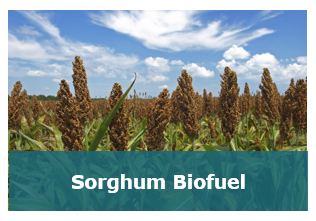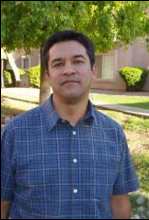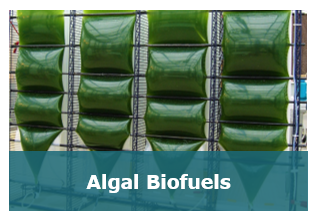.png)
Arizona has great potential as a large-scale producer of renewable bioenergy and bioproducts from sugar, oil, green waste, and algal sources. There currently is one full-scale ethanol production facility in our region, and we have been working with them to utilize new sources of biomass. Arizona could become a model for semi-arid land production of renewable fuels demonstrating responsible use of water, land, and workforce. Utilization of residual biomass is a key step for economic feasibility of the industry.
![]()
Faculty with Food, Bioproducts & Renewable Energy Research Components
![]()
RESEARCH - Food, Bioproducts & Renewable Energy
 |
How will we fuel the future? As a leading public research university, the University of Arizona is working hard to answer this question through pioneering research in alternative fuels. Here in the Sonoran Desert, researchers in the College of Agriculture, Life and Environmental Sciences are looking into bio-fuel crops that can be grown in arid areas. |
 |
The world's largest robotic field scanner is at the University of Arizona's Maricopa Agricultural Center. Mounted on a 30-ton steel gantry and moving along 200-meter steel rails over 1.5 acres of energy sorghum, the high-throughput phenotyping robot senses and continuously images the growth and development of the crop, generating an extremely high-resolution, enormous data stream — about 5 terabytes per day!
|












